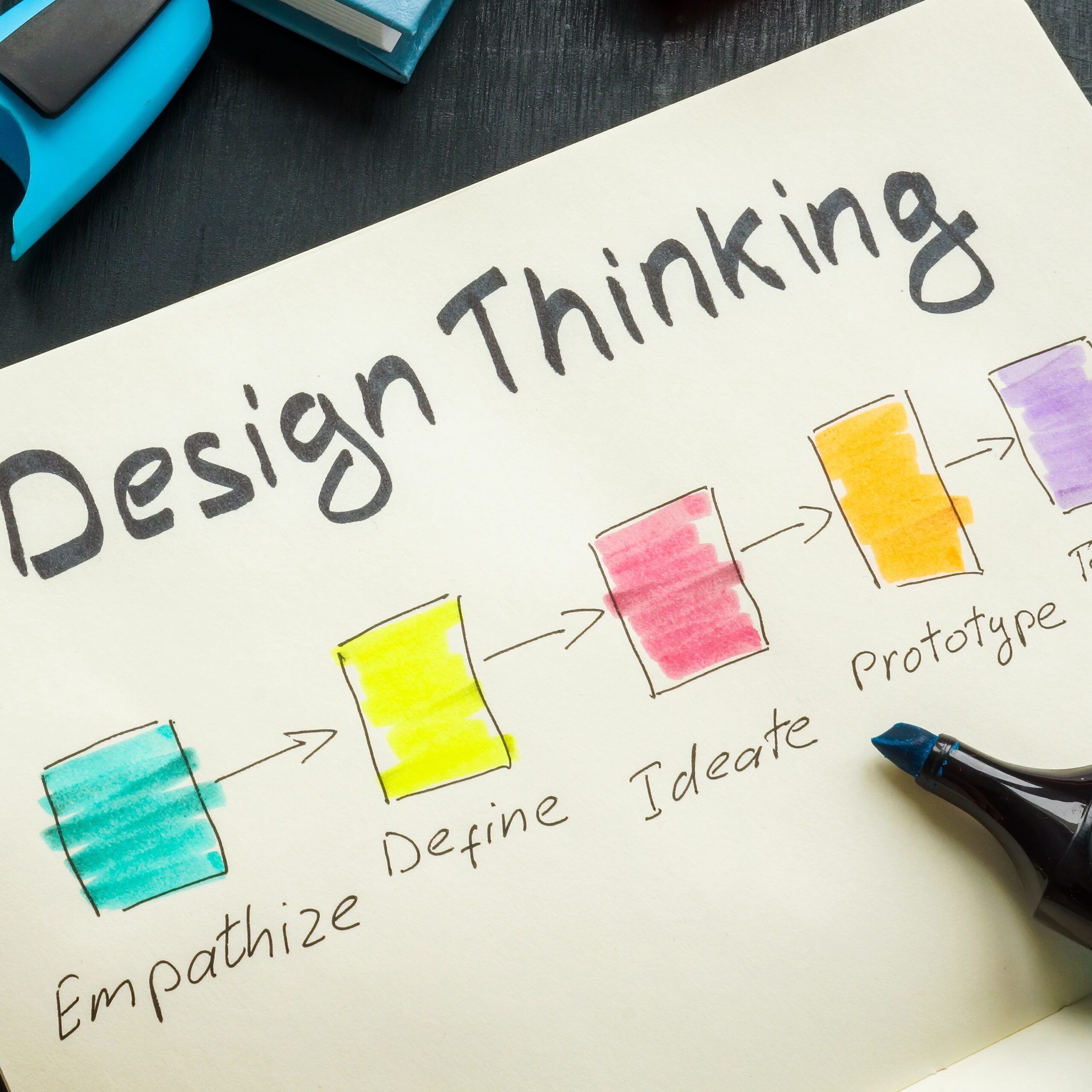Universal Design for Learning
CAST created the Universal Design for Learning (UDL) framework so that all learning experiences in school, the workplace, and life are thoughtfully designed to elevate strengths and eliminate barriers. Because everyone deserves the opportunity to grow and thrive.
 Stages of design thinking in a open notepad.
Stages of design thinking in a open notepad.
There is no “average” brain
UDL is based on principles that empower everyone to have agency over their own learning. It allows educators and learners to set clear goals, anticipate environmental barriers, create meaningful options, and fully embrace human variability.
“When a flower doesn’t bloom, you fix the environment in which it grows, not the flower.” — Alexander den Heijer
What is Universal Design for Learning (UDL)?
UDL is a framework to improve and optimize teaching and learning based on what we know about the human brain. Each brain is made of billions of interconnected neurons that form unique pathways. Like fingerprints, no two brains are alike.
Educators face daily challenges in planning for diverse learners. However, learner variability is predictable, and we’ve developed prompts and principles to support educators – the CAST UDL Guidelines.
The CAST UDL Guidelines help educators address the diversity in learning in three main categories:
- Engagement (the why of learning): recruiting interest, sustaining effort and persistence, and self-regulation.
- Representation (the what of learning): perception, language and symbols, and comprehension.
- Action & Expression (the how of learning): physical action, expression and communication, and executive function.

UDL Guidelines for empowered learning
The CAST Universal Design for Learning Guidelines offer research-based suggestions and prompts to support the application of UDL in any learning environment. This ensures that all learners can access and participate in meaningful, challenging learning opportunities.

The UDL framework: backed by research and dedication
To foster equitable and inclusive learning opportunities for every individual, we ground the tools and principles of the Universal Design for Learning framework in research. CAST co-designs with participants to draw on real insights from the learning sciences and proven best practices to help educators reach and teach all learners.

Evidence and benefits from the field
As UDL is studied and implemented around the world, the body of research revealing how UDL benefits learners of all ages and learning contexts continues to grow. We serve as an evidence hub for the global UDL community, sharing examples and supporting research of how UDL positively influences teaching and learning.

Universal Design for Learning books & media
CAST actively seeks thought leaders and subject matter experts so we can create, nurture, and distribute the latest UDL insights into the world. The framework and principles put theory into practice for those implementing UDL in their learning environments.

UDL tips & articles
We aim to make UDL implementation easy and effective with incredible assets meant to help and inspire. You’ll find resources that provide insight into on-the-ground applications, learned lessons, possible challenges, and more.